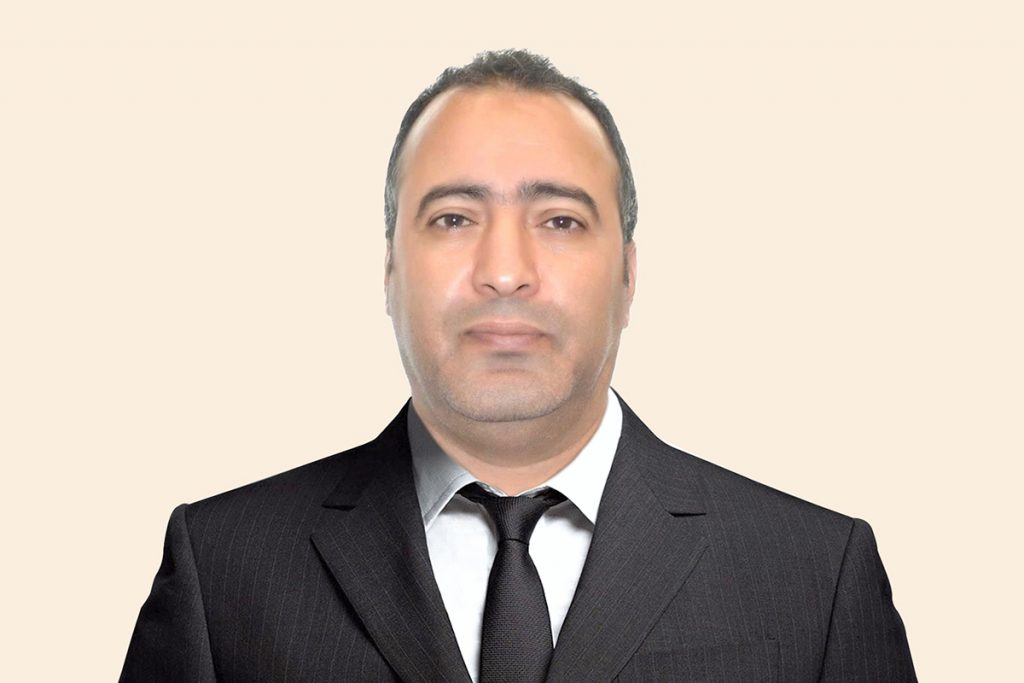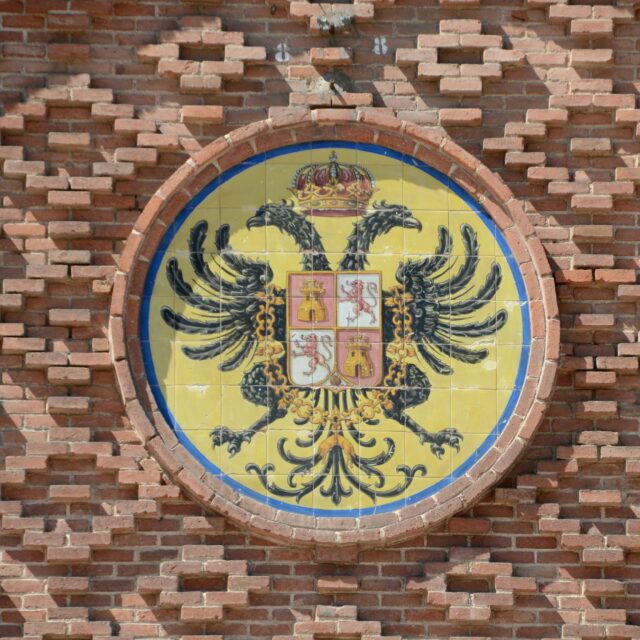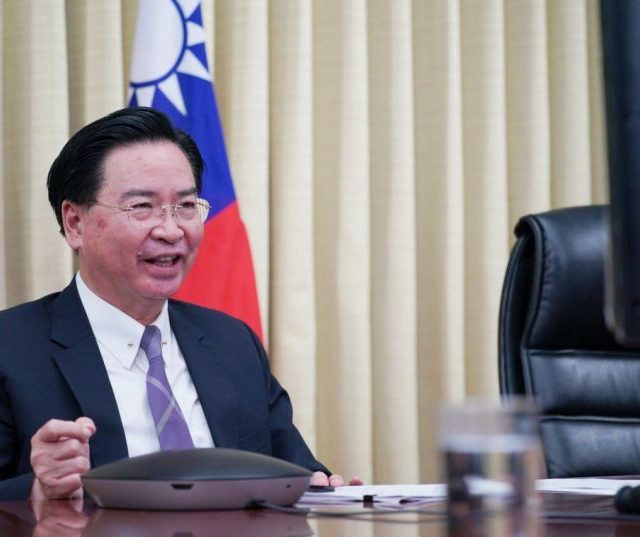The first indication we get from King Mohammed VI’s speech on the 22nd anniversary of Throne Day is that Morocco is a country of institutions, writes Abdelkader Filali
Each event merits the time and space it deserves. A speech of wisdom, foresight, and fidelity to history, and geography. King Mohammed VI expressed, in frank and direct language, the civilised dimension that draws from an ancient past and a prosperous present and looks forward to a unitary future. The King’s comparison of the relationship between the two countries, Morocco and Algeria, to two twins was not out of linguistic rhetoric, but rather out of honesty and clarity entrusted to His Majesty in a speech emphasising the continuation of the outstretched hand of friendship of the Kingdom of Morocco towards Algeria.
Three vital points were drawn to our attention in the King’s speech, which motivated the citizens of both countries to look forward to a better tomorrow, thanks to this strong will of the Moroccan King by calling on Algeria to transcend the differences of the past, defend the interests of the two neighbouring peoples, and open their borders.
The three major points can be summarised as a shared antiquity, health security, which is an extension of strategic security, and complementary twins.
A Shared Antiquity
Civilisations can only exist and comply with their origins and roots. For example when Youssef Ibn Tashfine returned victorious from the battle of Zallqa (Sargrajas) it came to his hearing that the tribes of the Hammadids (present-day Algeria) maliciously tried to stir up unrest in eastern Morocco. At the time, this extended to the present city of Tlemcen where Ibn Tashfine fought a fierce war. In Ibn Al-Atheer’s book “Al-Kamil fi Al-Tarikh”: the sheikhs of Cordoba heard what happened, and saw the strength of the Castilians, the weakness of the Muslims, and brought the help of their kings to redress the balance.
Despite the superiority of Ibn Tashfin, he reached out with good faith to satisfy the intentions of the Hammadids and replaced the governor of Tlemcen. We are talking about the beginning of the twelfth century here.
This rooted antiquity is the one with which King Mohammed VI began his speech. It is intangible and immaterial capital that neither resources nor money can create, nor can any state that lacks its identity own it. We are talking about historical accumulations here.
Health Security
Health security has today become an extension of Morocco’s strategic security. Geopolitics of supply chain security and vaccination justice are new concepts that have gone beyond the traditional concept of security. Health security puts the human element at the centre of the security process. The king highlighted the role of security and public forces in the success of the vaccination campaign and the inauguration of the health sovereignty project. The new vaccination laboratory confirms the strength of the security institution and its loyal men and women that have helped Morocco to achieve a very advanced rank, not only at the regional level but also on the level of countries with high potential. Moroccan security institutions are internationally recognised today as efficient and credible institutions.
When Morocco felt the unfairness that is being practiced in the absence of vaccination justice, it immediately launched a laboratory for the manufacturing of vaccinations. Factors that make Morocco today a symbol of security, development, and political stability, while countries with great natural resources live in the midst of severe economic, political and social problems and the collapse of health systems.
Complementary Twins
King Mohammed VI’s speech devoted an important space to the term “complementing twins”: Morocco and Algeria. An invitation to capture a strong signal of the maturity of the unique bilateral relations towards the horizons of trust and understanding. It is not the first time that Morocco has extended its hand of friendship to Algeria at the level of the speeches of the throne. Rather, it was previously announced in speeches where King Mohammed VI had previously proposed in late 2018 the creation of a mechanism for bilateral dialogue between the two countries. Today, it is a call for the leaders of the two countries to develop the path of integrating these complementary twins in a pragmatic way.

The Author, Dr. Abdelkader Filali is a Non-Resident Fellow, from the School of Political Studies. Saint Paul’s University, Ottawa.




